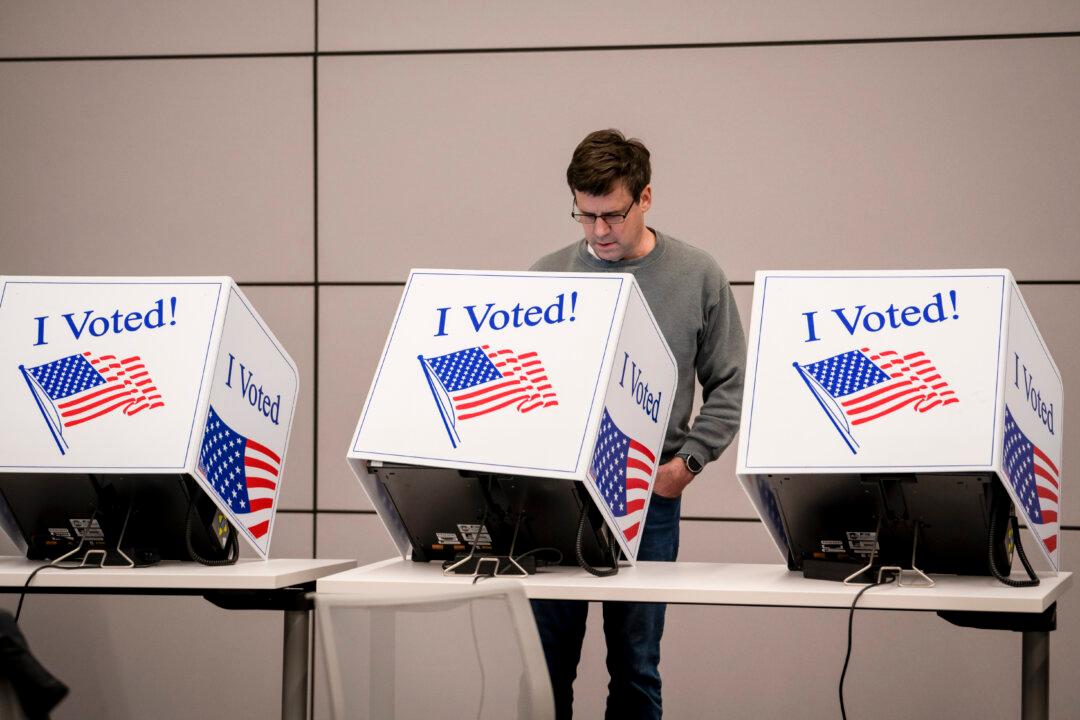CHARLESTON, S.C.—The earliest early voting totals reveal that South Carolina’s Republican presidential primary has already attracted many more participants than the Democratic primary earlier this month and not by a small margin.
As of day three of the early voting period, which lasts from Feb. 12 to Feb. 22, the South Carolina Election Commission recorded 50,855 votes, more than the 48,213 recorded over the entirety of the Democratic presidential primary’s early voting period of Jan. 22 to Feb. 2.





